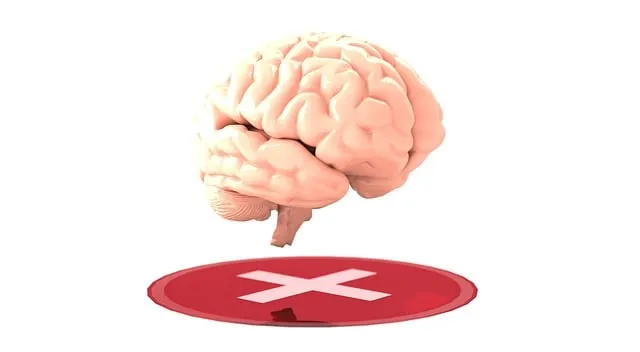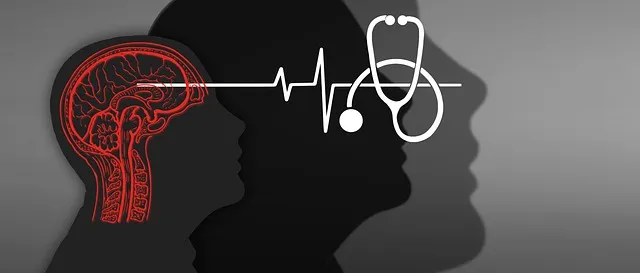Crisis Intervention Teams (CITs) play a vital role at the Lone Tree Kaiser Permanente mental health center during visiting hours, swiftly managing severe emotional crises and reducing pressure on emergency services. Trained healthcare professionals use de-escalation techniques, resource connectivity, and self-care practices to improve patient outcomes. The center innovates with community-focused programs, building local support networks for easy access to resources and promoting holistic mental well-being through self-care education and effective communication strategies.
Crisis Intervention Team (CIT) training programs play a pivotal role in equipping professionals with essential skills to manage mental health crises. This article explores the critical work of CITs, delving into their purpose and impact on patient care. We highlight Lone Tree Kaiser Permanente’s innovative approach, showcasing how their program enhances community support and access to care. By examining real-world scenarios, this guide offers insights into preparing professionals for effective crisis intervention, with a focus on improving mental health outcomes.
- Understanding Crisis Intervention Teams: A Critical Role in Mental Health Care
- Training Programs: Preparing Professionals for Real-World Scenarios
- Lone Tree Kaiser Permanente's Approach: Enhancing Community Support and Access to Care
Understanding Crisis Intervention Teams: A Critical Role in Mental Health Care

Crisis Intervention Teams (CITs) play a pivotal role in mental health care, especially in settings like the Lone Tree Kaiser Permanente mental health center visiting hours. These teams are designed to provide immediate and effective support to individuals experiencing severe emotional crises. By integrating CITs into healthcare systems, facilities like Lone Tree Kaiser Permanente can ensure that patients receive prompt attention and care, reducing the burden on emergency services and promoting better outcomes.
The role of CITs extends beyond direct patient interaction. They also contribute to public awareness campaigns aimed at destigmatizing mental health issues and encouraging individuals to seek help early. Additionally, these teams often conduct social skills training and anxiety relief programs as part of their initiatives. Such interventions not only support the immediate needs of patients but also foster a more supportive and understanding community environment, ultimately enhancing overall mental well-being.
Training Programs: Preparing Professionals for Real-World Scenarios

Crisis intervention team training programs play a pivotal role in preparing professionals to handle real-world scenarios effectively. These programs equip healthcare providers with essential skills to support individuals facing mental health crises, especially in settings like the Lone Tree Kaiser Permanente mental health center visiting hours. Through interactive workshops, simulations, and role-playing exercises, trainees learn to de-escalate situations, provide immediate care, and connect individuals to appropriate resources.
The training goes beyond technical proficiency by incorporating self-care practices and burnout prevention strategies for healthcare providers. By fostering positive thinking and resilience, these programs ensure professionals can consistently offer quality care without compromising their well-being. This holistic approach is crucial in a field where emotional stamina is as vital as clinical expertise, ultimately contributing to better patient outcomes and more fulfilling professional journeys.
Lone Tree Kaiser Permanente's Approach: Enhancing Community Support and Access to Care

Lone Tree Kaiser Permanente, a mental health center renowned for its comprehensive services, has pioneered an innovative approach to crisis intervention by prioritizing community support and access to care. Their program focuses on fostering strong connections within the community, ensuring individuals in distress have readily available resources and support systems. This strategy involves regular community outreach programs and educational sessions aimed at promoting self-care practices and equipping individuals with effective communication strategies during crises.
By integrating these initiatives, Lone Tree Kaiser Permanente not only enhances the accessibility of mental health services but also addresses the root causes of burnout among both patients and caregivers. The center’s commitment to community engagement reflects a holistic understanding of crisis intervention, recognizing that sustainable recovery and well-being are deeply intertwined with robust social networks and accessible self-care resources.
Crisis intervention team training is a vital step towards enhancing community support and access to care, as demonstrated by Lone Tree Kaiser Permanente’s innovative approach. By preparing professionals for real-world scenarios, these programs ensure that individuals in crisis receive timely and effective assistance. Incorporating practical training into the curriculum equips teams with the skills needed to navigate complex situations, ultimately improving mental health outcomes. For those seeking support, knowing that such specialized teams are readily available can be a powerful source of comfort during difficult times. Visit Lone Tree Kaiser Permanente’s mental health center during their extended visiting hours to learn more about these life-saving initiatives and the positive impact they have on the community.






